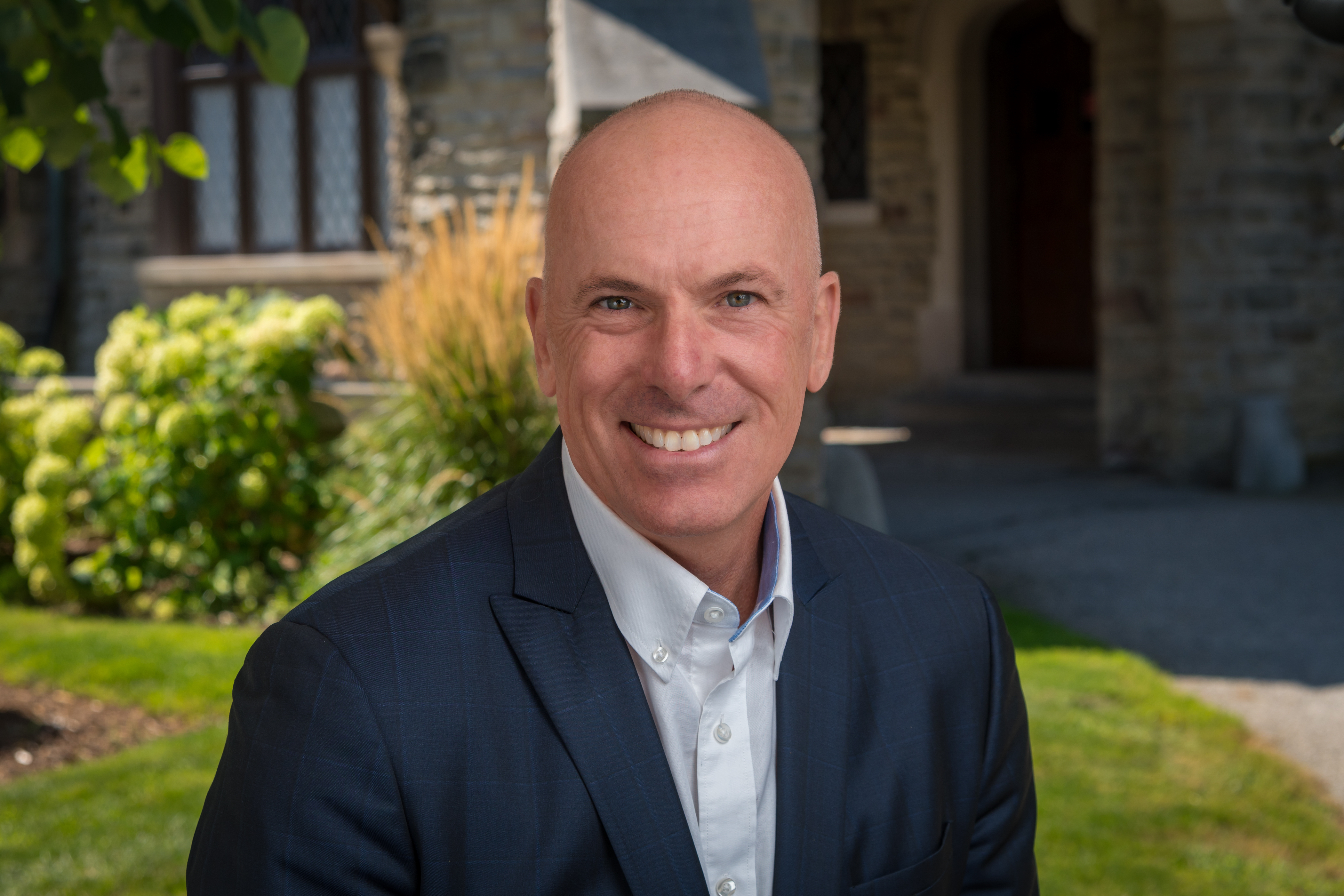
3 minute read
A Message from our President
King’s is recognized as an outstanding Canadian liberal arts university known for its excellence in undergraduate teaching and unique programs. This is something we quietly acknowledge, though it should be widely acclaimed. Equally, the University is quietly recognized for our research enterprise and the unique blend of research and teaching we integrate into our student experience. I believe it is time to become bolder in telling our community and the world about our teaching expertise, impactful research, and demonstrated ability to bring these essential pillars together in the classroom.
Throughout my 35-year career as an academic, I’ve been passionate about teaching, mentoring, and being a catalyst for undergraduate and graduate students to be curious and creative. I have taught over 5,000 students, exposing them to new research and methodologies, involving many in my research endeavours. Thirty percent of my publications are co-authored with undergraduate or graduate students. Teaching and research is not an “either/or” proposition but a “both/and” commitment to students and to one’s discipline.
My primary role at King’s is to serve the community as President. As such, I am responsible for providing oversight for the internal and external support needed for students, staff, and faculty to flourish. My role demands that I lead by example, and, where possible, this includes the research enterprise. In order to ‘walk the walk and talk the talk,’ I have intentionally continued my research at King’s through grant applications, publications, presentations, and graduate and post-doctorate student supervision.
I am fortunate to have a fabulous research team made up of King’s alumna Sierra Crocker ’22, three Western PhD students, two Western postdoctoral researchers, as well as colleagues from the University of Alberta, University of Regina, Thompson River University, and Wilfred Laurier University. Our work has been funded by Canadian Institutes for Health Research (CIHR), the Government of Alberta, and, most recently, the Atlas Foundation.
Our research focuses on the concept of Moral Injury (MI), primarily among first responders and military families. Moral injury “…describes the psychological, emotional, social, and/or spiritual harm or impairment that results from exposure to one or more events that involve the transgression or violation of deeply held morals, ethics, or values” (Litz et al, 2009 & Shay, 2014). The notion of moral injury has its modern roots in the Vietnam War, where military personnel reported symptoms that were different from those typically presenting from post-traumatic stress disorder (PTSD). Arguably, MI has been a phenomenon ever since humans became self-aware and reflected on ‘how we should live.’ We have published several peer-reviewed papers, made numerous conference presentations and, most recently, presented our Moral Injury Guide for Public Safety Personnel to the Canadian Institute for Public Safety Research & Treatment (CIPSRT).
This is relatively untapped work that explores the importance and awareness of our value structures and their powerful impact on individuals when their moral frameworks are shattered. It is also an example of interdisciplinary research (philosophy and psychology) being used effectively to solve real-world problems.
I am honoured to serve King’s as its President and equally honoured to represent King’s as a scholar who endeavours to make an impact on society through research and mentoring.
David C. Malloy, PhD President & Professor
1 Litz BT, Stein N, Delaney E, et al. Moral injury and moral repair in war veterans: A preliminary model and intervention strategy. Clin Psychol Rev. 2009;29(8):695-706. doi:10.1016/j.cpr.2009.07.003
2 Shay J. Moral injury. Psychoanal Psychol. 2014;31(2):182-191. doi:10.1037/a0036090










